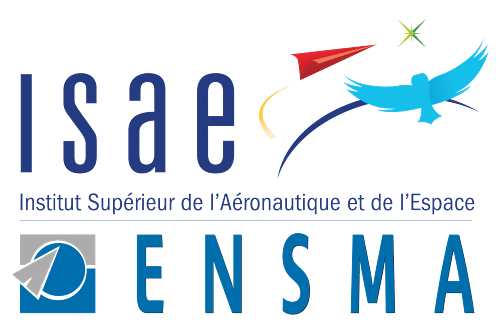Polyméca
network

POLYMÉCA is a network of graduate schools of engineering specialized in mechanical engineering.
It gathers the following partner schools: ISAE-ENSMA, ENSMM, ISAE-SUPMÉCA, ENSTA Bretagne, ENSIL-ENSCI, ENSEIRB-MATMECA, SeaTech and SIGMA Clermont.
These seven schools are specialized in mechanical engineering but also offer a large range of engineering training.
POLYMÉCA trains general engineers. The schools are dependent on the Ministry of National Education, Higher Education and Scientific Research and are accredited by the “Commisson du Titre d’Ingénieur” (CTI). They mainly recruit their students by the Concours Communs INP, after the 2-year preparatory classes.
The exchange programs
-
- Since September 2011, there is a double degree program in 4 years. You follow 1st year and 2nd year courses from home university, and then you can follow a second 2nd year of study and a 3rd year of study in a partner school. You will be graduated from both schools and could highlight extended competencies.
More information and contact: Academic direction of each home institution
- You can follow the 3rd year of study in the specialization of one of the partner schools (according to the number of offered places), take part to an exchange program in one of the partner institutions of the POLYMECA schools, carry out an internship in a company or a research laboratory from the network, take part to collaborative projects, and enjoy common educational resources.
The branches of activity of POLYMECA engineers
Our young graduates mainly work on transportation area: ground transportation, aeronautical and space transportation, machinery… but the training versatility allows them to find a job in several branches of activity: computer science, engineering, consulting, energy and distribution, electronics and telecommunications, bio medical technology and medical devices but also teaching and research.
The opening to international relations
Polyméca develops through its partnerships (universities and companies), a practical approach of professional and cultural diversities in Europe, Asia and in the United-States.
Internships abroad are strongly recommended in 2nd and 3rd years of study, and represent today, for the 8 schools of the network, almost 20% of industrial placement agreements. They allow the students to grasp the cross-cultural dimension through an industrial project offered by a partner company.

